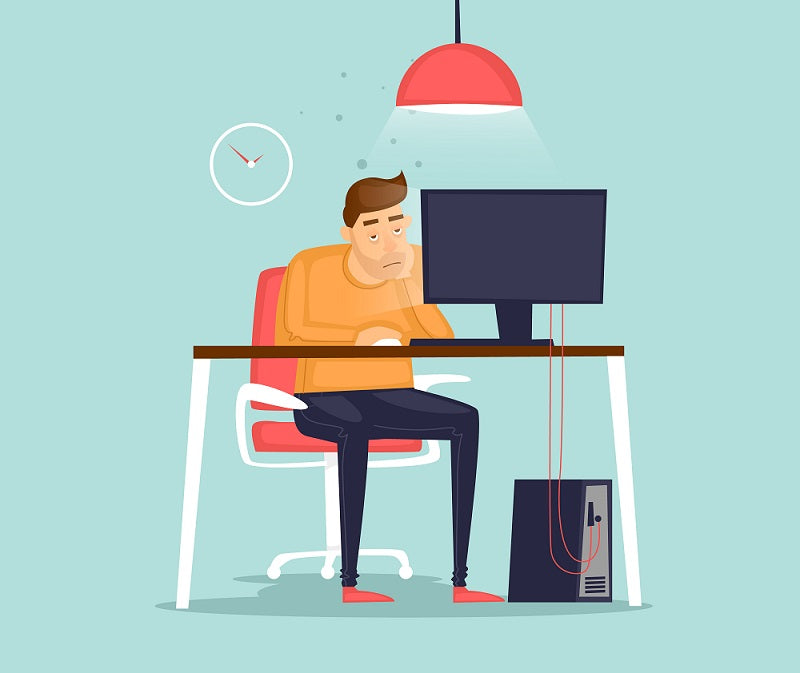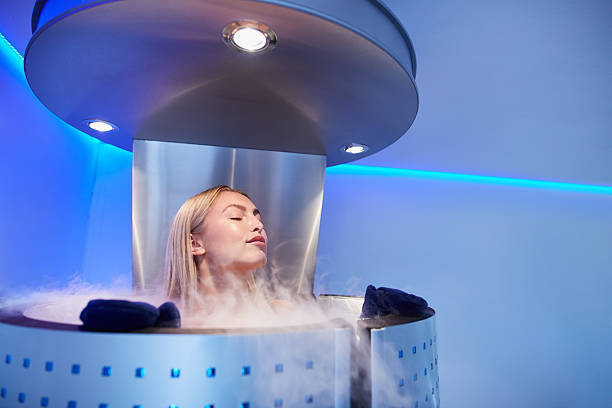Reviving Your Workday [2023]: The Dangers of Prolonged Sitting and Comprehensive Solutions Including 10 Simple Exercises to Improve Your Daily Workday Routine
Introduction In a new digital era that may mean working from home, we find ourselves trapped in a sedentary lifestyle. For many of us, this is now reality. But have you ever considered the profound impact sitting all day has on your health and well-being? In this comprehensive guide, we will delve into the importance of movement and explore the latest medical research that sheds light on the consequences of a sedentary existence. We'll uncover the effects on blood pressure, cholesterol levels, and overall vital signs. We will also explore the outcomes of sitting for prolonged periods on the musculoskeletal...
The Ultimate Guide to Ergonomic Office Setup [2023]: 5 Key Solutions for Your Home or Office Setup to Improve Health, Comfort, and Productivity
Introduction Have you ever experienced the relentless discomfort and aches that stem from a poorly designed workspace? It's a common story for many of us who spend long hours hunched over desks with stiff chairs, oversized or undersized tables, and cramped keyboards. This problem has especially been elevated since the pandemic as many people had to arrange their own make-shift work stations at home. The result? Pain in the neck (quite literally), sore shoulders, aching backs, and more. But here's the good news: this problem is solvable, and it does not take thousands of dollars of equipment, but rather a...
15 Tips to Improve Ergonomics While Working From Home
Discover the secrets to an ergonomic home office with our latest blog post! Dive deep into 15 actionable tips to elevate your workspace, from chair choices to lighting nuances. Say goodbye to discomfort and hello to optimized productivity. Start your journey to a healthier, more efficient remote work environment today!
Exploring the Cold Cure: The Science of Whole-Body Cryotherapy for Muscle Recovery and Performance Enhancement
Introduction: In the relentless pursuit of athletic excellence, athletes are exploring a multitude of strategies to enhance performance and expedite recovery. Among the intriguing contenders is whole-body cryotherapy (WBC), a practice that exposes the body to ultra-cold dry air for short durations with the promise of minimizing post-exercise muscle soreness. As we delve into the frigid depths of WBC, this comprehensive exploration aims to unravel the extent of its effectiveness in preventing and treating muscle soreness. We will scrutinize the findings from pivotal studies, explore the potential benefits and limitations, and outline a path towards harnessing the power of this...





